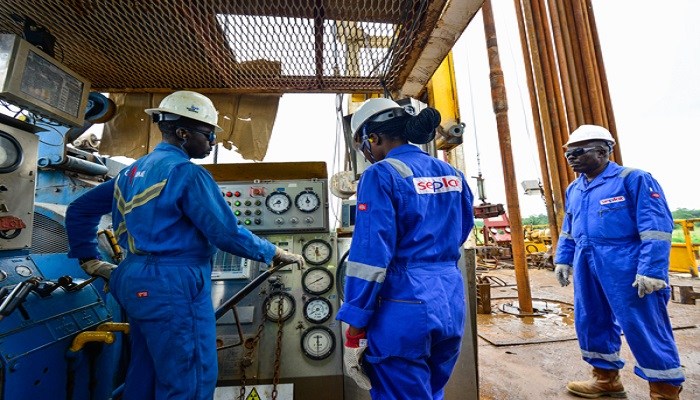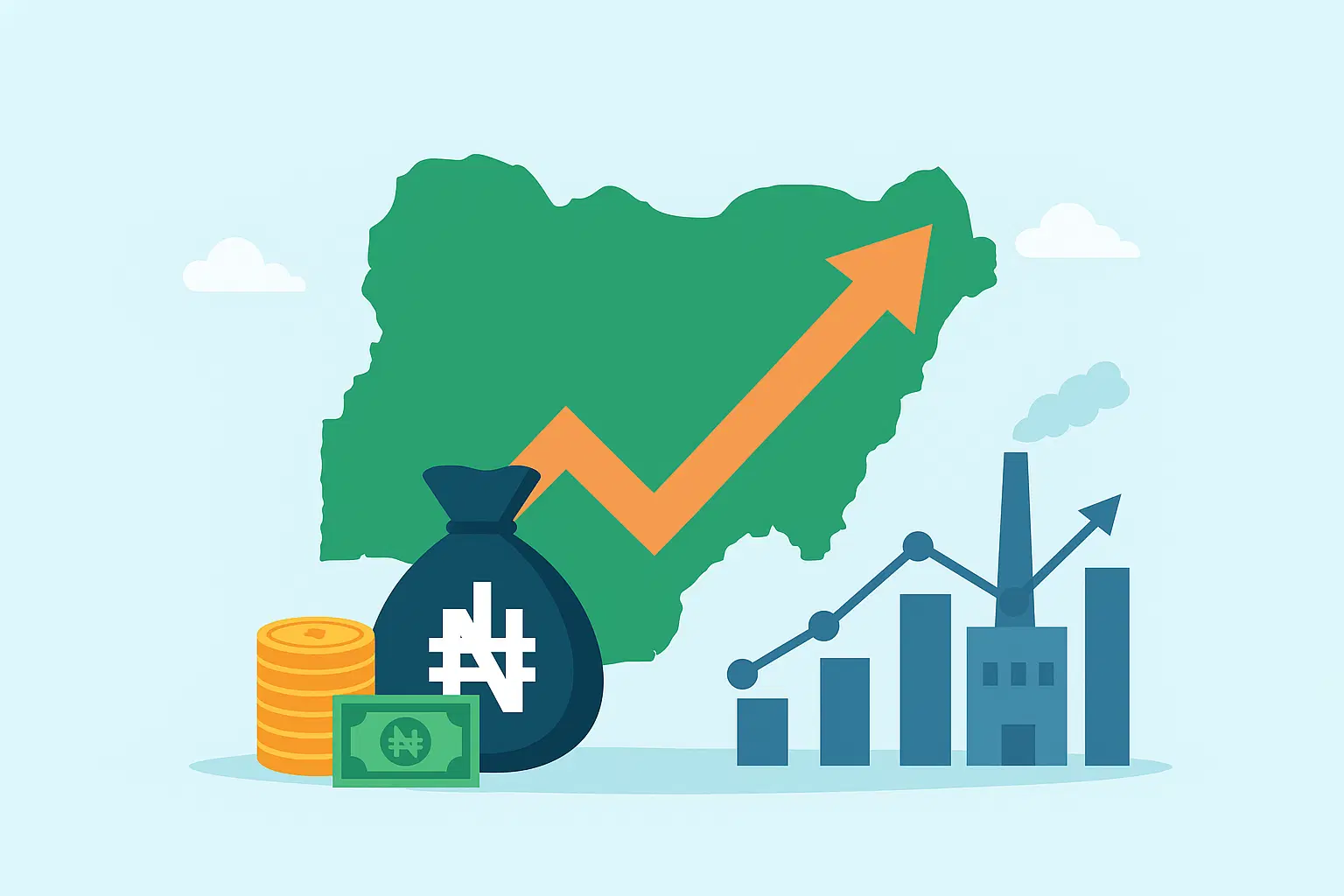The World Bank predicts that the removal of petrol subsidies will cause inflation to reach up to 25% by 2023.
Nevertheless, the Washington-based bank highlighted that even though there would be a considerable increase in 2023, headline inflation will decline by the first quarter of 2024.
This projection was included in the Nigeria Development Update for June 2023.
According to the analysis, “The removal of the petrol subsidy will likely result in a brief rise in inflation in the coming months before helping to induce medium-term deflation.
“The subsidy removal will result in a one-time price hike that will largely impact petrol purchases for transportation, electricity generation, and some services.
“It is anticipated that headline inflation would increase from 18.8% in 2022 to 25% in 2023. However, the withdrawal of subsidies will begin to have a disinflationary effect by Q1 2024, which means that it will lessen inflationary pressures despite rising petrol prices.”
The analysis revealed that this is because the removal of the subsidy opens up more budgetary space and decreases reliance on CBN financing, which slows the expansion of the money supply.
The country’s inflation rate increased to 22.41 percent in May, the highest level in over 19 years, according to new data from the National Bureau of Statistics.
The World Bank report also observed that as a result of Nigeria’s fiscal imbalance and pointing to the necessity of reform measures, consumer price inflation has increased sharply and is currently among the highest levels internationally.
A 700 basis point increase in the monetary policy rate was among the measures the CBN took to curb growing inflation, but these efforts were unsuccessful, and overall monetary policy remained loose in the first half of the year.
The bank continued, “The short-term increase in poverty caused by high inflation has pushed an estimated 4 million Nigerians into poverty between January and May 2023.”
In addition, the Washington-based lender warned that if the Federal Government did not offer them compensation or palliatives after the removal of the fuel subsidy, around 7.1 million already poor Nigerians would fall further into poverty.










